Tehran, June 30 (V7N) — A sudden Israeli airstrike in northern Tehran forced Afghan refugee Shamsi (34) to flee her sewing workshop and return to a scene of terror. Inside her apartment, her two young daughters cowered beneath a table, their bodies trembling in fear. “We escaped the Taliban only to find bombs raining on us here,” Shamsi said, visibly shaken.
Shamsi and her husband—a former Afghan army serviceman—originally fled Afghanistan in the wake of the Taliban’s takeover and entered Iran on temporary visas. Unable to renew their documents, they now live as undocumented refugees. Returning to Afghanistan remains impossible due to persecution fears under Taliban rule.
Their undocumented status leaves them excluded from basic legal protections and formal employment. Shamsi explained, “Without proper papers, I can’t open a bank account, work legally, or receive aid. We’ve had no support—neither from Iranians nor from any international agency.”
Iran hosts several hundred thousand Afghan refugees—many without valid documentation. These individuals struggle daily to secure housing, income, healthcare, and education. The added threat of regional military escalations deepens their vulnerability.
Shamsi’s sewing shop was her lifeline—employing her modest tailoring skills to support her family. Now, the company shelling has shattered that lifeline, exposing the precariousness of her situation. “We never imagined escaping one terror only to face another,” she lamented.
Experts warn that undocumented refugees in Iran are among the least protected in the world—lacking access to formal refugee status, humanitarian relief, or social services. Humanitarian groups have repeatedly called for expanded assistance, especially as regional violence spills over borders.
As families like Shamsi’s live in hiding, between military threats and legal exclusion, advocates urge immediate action. They call on Iranian authorities and international partners to provide legal documentation, humanitarian aid, psychosocial support, and safe shelter for these forgotten survivors, now trapped between fear at home and hostility abroad.
END/WD/AJ/



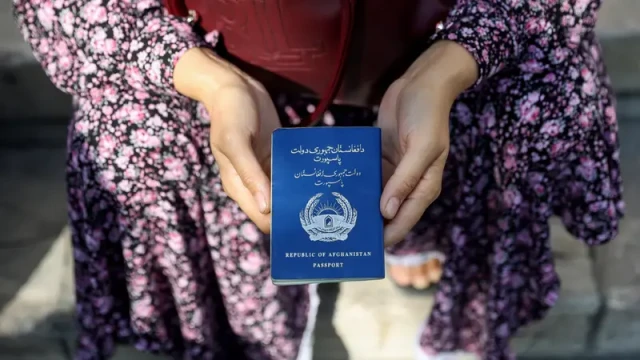

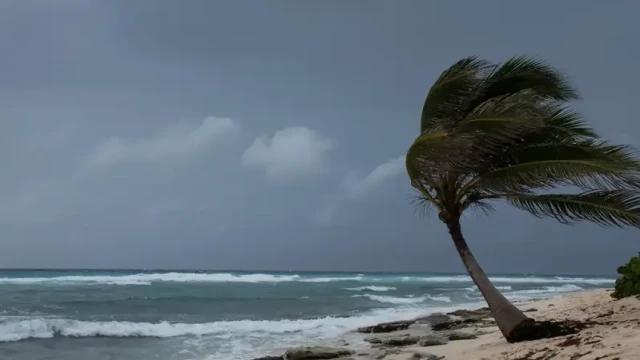
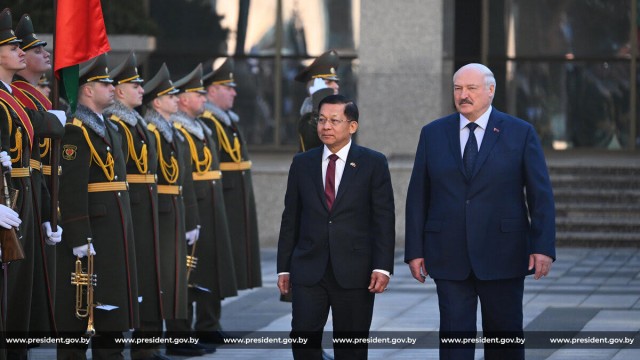

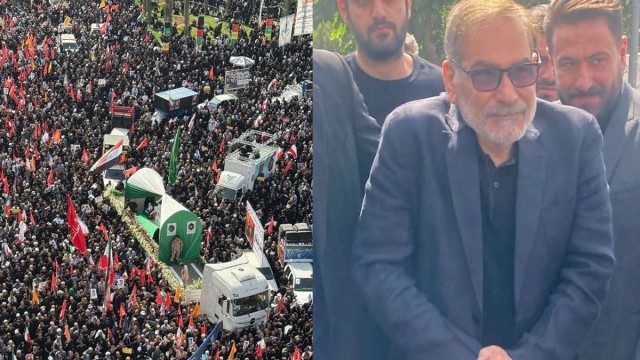
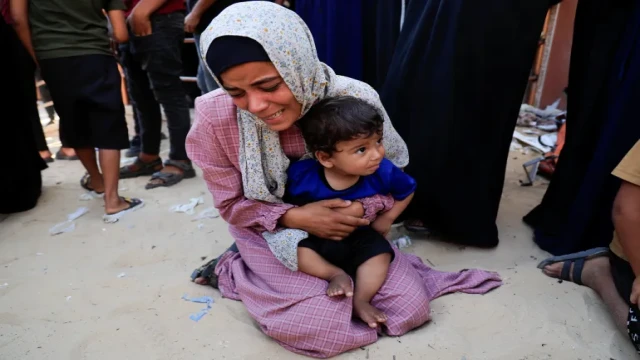
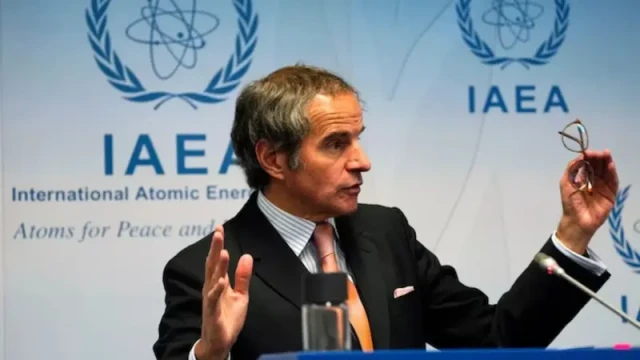




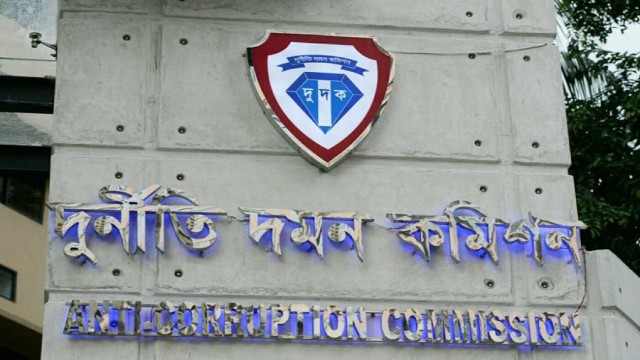

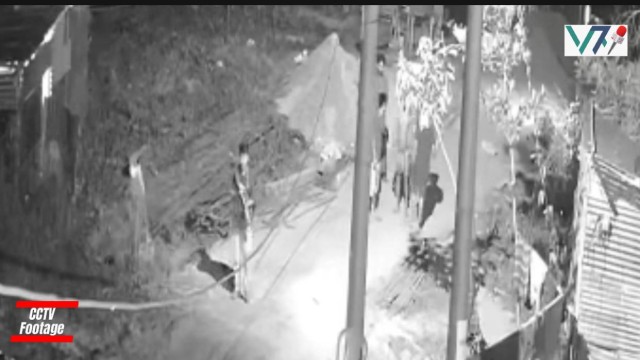

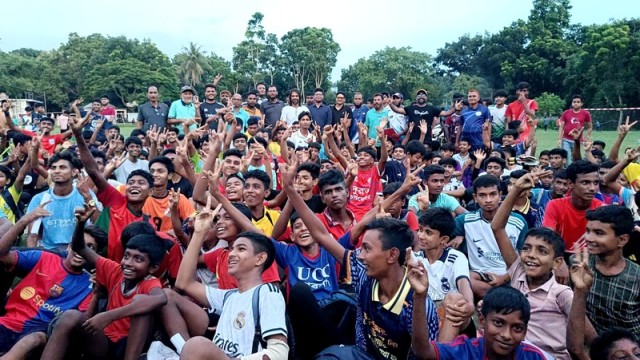
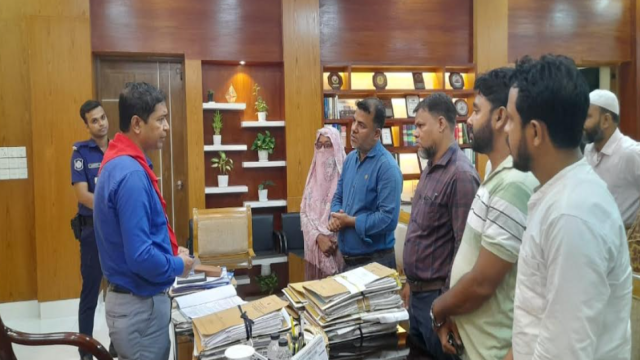
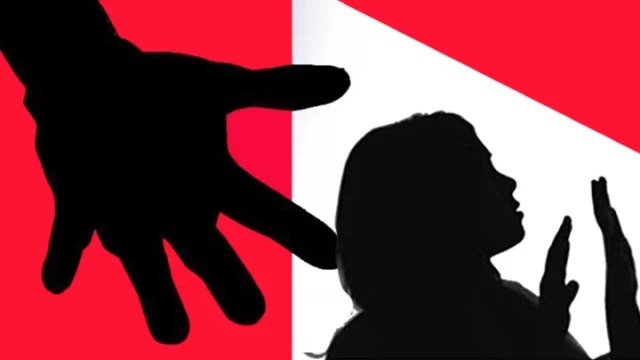
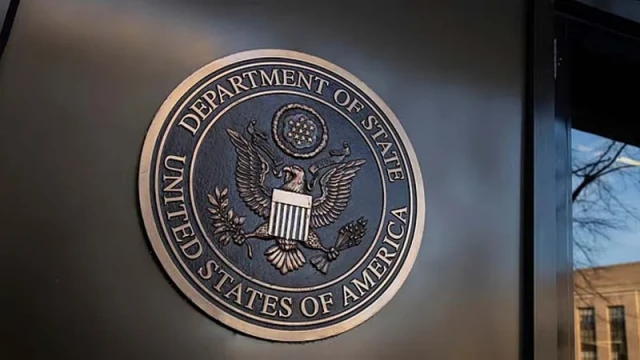
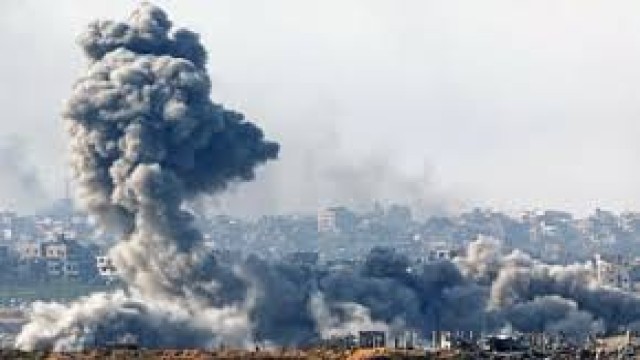

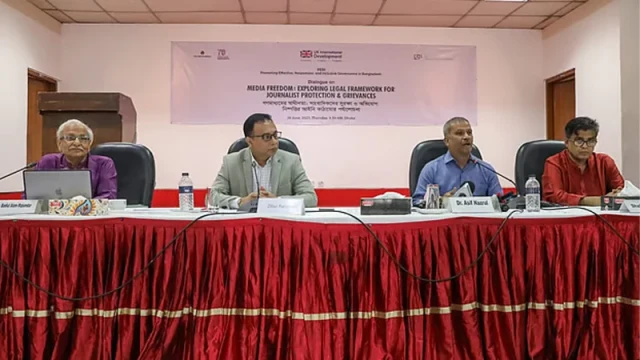
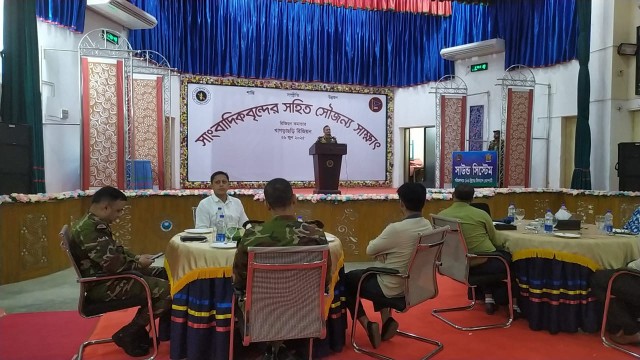
Comment: